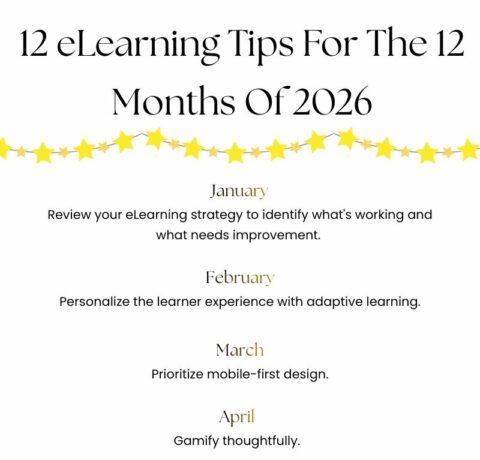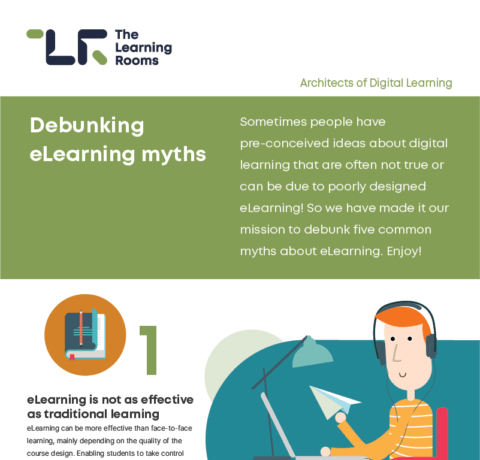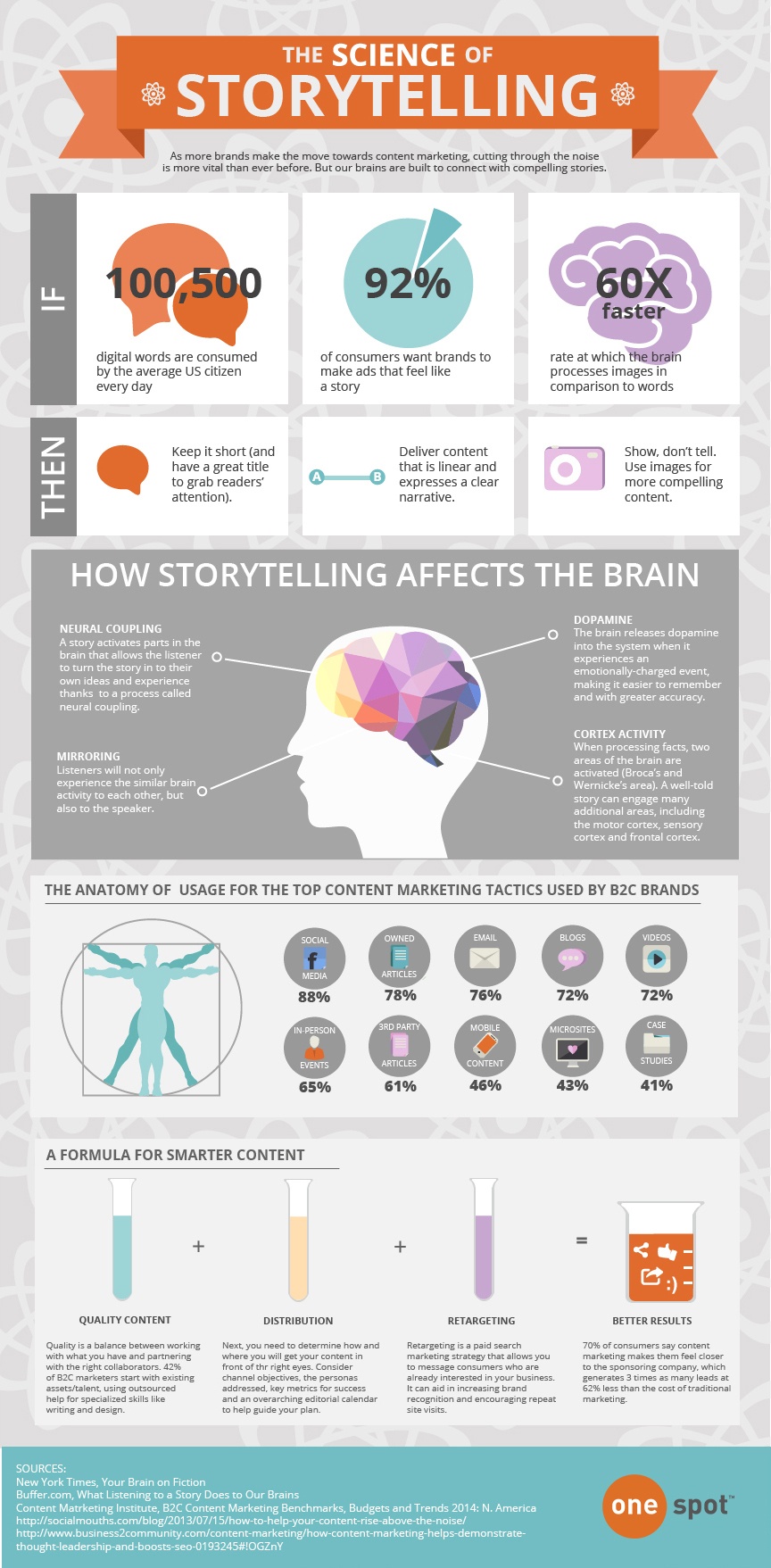The Science of Storytelling Infographic
In the The Science of Storytelling Infographic you will find invaluable information concerning storytelling. Though the Storytelling Infographic has been written from the seller-consumer perspective, does offer invaluable information for the eLearning field as well.
How Storytelling affects the brain
- Neutral Coupling
A story activates parts in the brain that allows the listener to turn the story in to their own ideas and experience thanks to a process called neutral coupling. - Mirroring
Listeners will not only experience the similar brain activity to each other, but also to the speaker. - Dopamine
The brain releases dopamine into the system when it experiences an emotionally-charged event, making it easier to remember and with greater accuracy. - Cortex activity
When processing facts, two areas of the brain are activated (Broca’s and Wernicke’s area). A well-told story can engage many additional areas, including the motor cortex, sensory cortex, and frontal cortex.
There are a number of reasons why storytelling is so effective in eLearning. Not only does it help to motivate learners and create a more immersive experience, but it also allows them to feel more emotionally connected to the subject matter. The trouble is that converting your content and topics using a storytelling strategy can be challenging, especially if you want to get maximum results from your efforts. Fortunately, there are several storytelling in eLearning tips and tricks that can help you to entertain and to educate your eLearning audiences with carefully crafted stories. To find out more check the 7 Tips To Integrate Storytelling Into Your Next eLearning Course.







You can adjust your cookie preferences here.